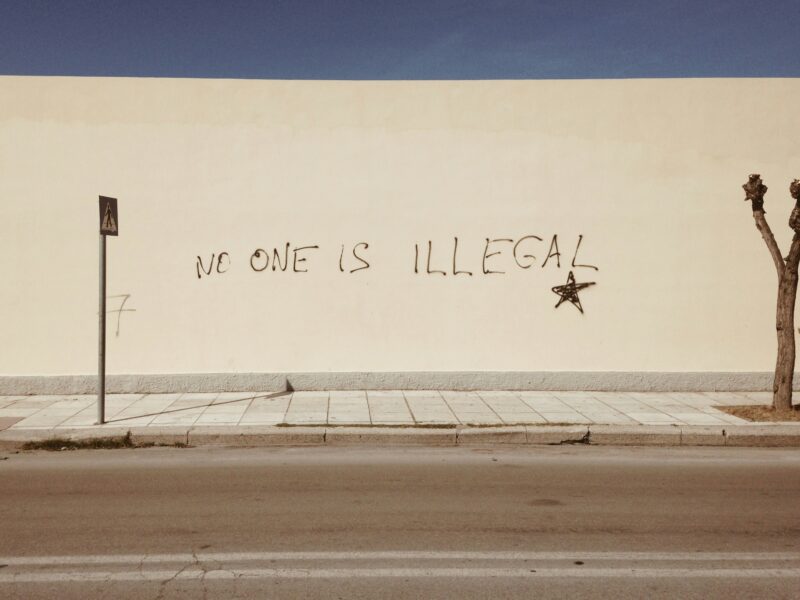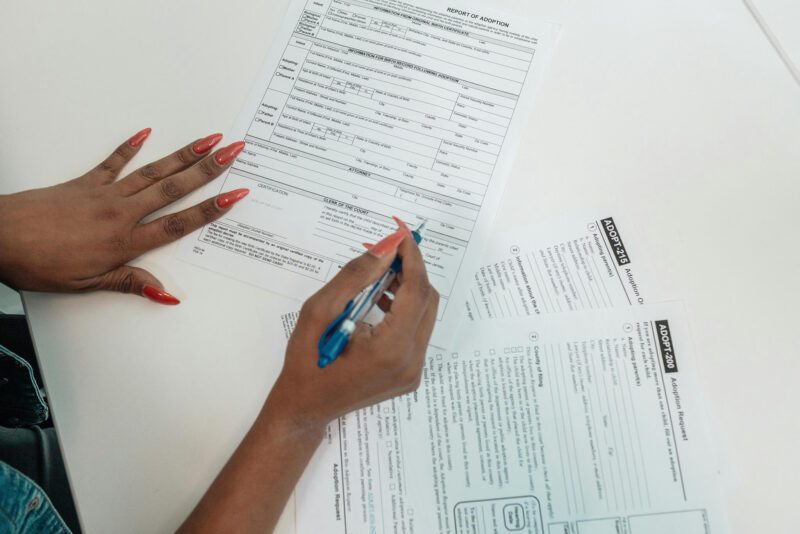Five Years, Five Insights: What Needs to Change in Immigration Law

This week marks five years since Dalley Sundar was founded, with a clear purpose: New Zealand needed a firm dedicated to the toughest immigration and family law cases – the ones that others can’t, or won’t, take on.
Five years on, our focus has only deepened. Behind every deportation defended, partnership visa contested, employer accreditation maintained, or surrogacy path navigated – it’s never just a policy gap; it’s a person, a family, a future on the line.
From where we sit, here are five of the most pressing immigration issues in New Zealand that demand attention.
1. Immigration policy is written in isolation from real-world consequences
Immigration policy is too often designed in isolation from lived reality.
Take the employer accreditation system: despite warnings during consultation, visas are tied to specific employers rather than occupations. Predictably, exploitation has risen – leaving migrants with little choice but to accept unfair conditions, sometimes even complicit in their own exploitation, simply to stay in New Zealand.
Or the proposed Fiscal Sustainability Bill. The government frames it as targeting “serious offenders,” but those cases are rare. The real effect would be on ordinary residents who make low-level mistakes. Under current law, judges can weigh immigration consequences when granting discharges without conviction. The Bill would remove that safeguard, shifting power from judges to opaque decision-makers and exposing people to disproportionate penalties.
Policy must be stress-tested against real-world consequences before it is implemented.
2. Employer accreditation is easy to obtain but complex to maintain
Initial employer accreditation can be obtained quickly – sometimes within days – giving organisations a false sense of simplicity. The real challenge lies in maintaining it. Too often, employers underestimate their obligations: ongoing reporting, strict job checks, prohibitions on certain types of work, and the implications of promotions or role changes.
The result is uncertainty, delays, and real risk for workers whose futures depend on those decisions. Recent policy shifts have only deepened the confusion. Unclear rules around pathways for skilled workers without degrees, for example, currently leave both employers and migrants in limbo. Clearer guidance, stronger education, and practical support for employers to meet their responsibilities is critical.
- Partnership policies are out of step with reality
Immigration rules still treat “living together” as the test of a genuine relationship. This rigid approach ignores the many ways relationships are formed and sustained.
For some couples, cohabitation before marriage is not possible for cultural or religious reasons. In other cases, legal barriers in applicants’ home countries make it impossible — for example, women in some jurisdictions cannot own or share property, yet are still asked to provide property documents. Same-sex couples face added risks where living openly is unsafe.
Even couples who do live together can be declined if their circumstances don’t fit officials’ narrow expectations. The result is that genuine relationships are routinely subjected to unreasonable proof burdens.
Reform is overdue: partnership policy must move beyond a one-size-fits-all model and recognise diverse cultural practices, legal constraints, and lived realities.
4. The Human Rights Act still doesn’t apply to immigration matters.
Immigration remains one of the few areas of New Zealand law excluded from the Human Rights Act. The Immigration Act contains a specific provision preventing discrimination complaints to the Human Rights Tribunal if they arise from immigration decisions.
The consequence is a double standard: rights protected almost everywhere else – equality, non-discrimination, fair treatment – stop at the border of immigration law. Migrants facing life-altering decisions are denied the same safeguards that protect others.
In 2021-2022, Dalley Sundar successfully argued for an alternative route, using the Bill of Rights Act as a workaround. While that option exists in theory, in practice it remains costly, uncertain, and out of reach for most. The wider problem remains: immigration sits outside the protections New Zealand applies almost everywhere else. The Human Rights Act must apply to immigration if fairness and equality are to carry real meaning.
5. Immigration New Zealand’s complaints process provides little accountability
Immigration New Zealand’s complaints process offers little more than a dead end. Applicants whose visas are declined are often given vague reasons, if any, leaving them unable to understand or address the real issue. The process functions as a box-ticking exercise where INZ confirms it was “entitled” to make the decision, without examining whether it was fair or reasonable.
With no independent avenue for review short of the High Court – an option too costly and complex for most – many are left without meaningful recourse. A credible system requires transparency, clear reasoning, and a genuine path to challenge flawed decisions. Right now, none of those elements exist.
At Dalley Sundar, we are committed to continuing our advocacy and representation in the immigration, family formation and surrounding fields for many more years to come.









